Simon Calder’s travel year in review: chaos from beginning to end, plus five great destinations for 2024
Fires in Rhodes and at Luton airport, air traffic control failures, plus strikes, strikes and more strikes on the railways: Simon Calder reflects on 12 months in which booking a holiday felt like a gamble rather than a guarantee


From the traveller’s point of view, each year begins full of hope and optimism – and the start of 2023 was expected to mark the great post-Covid reboot. With the vast majority of pandemic travel restrictions lifted, it was surely going to feel as though the 2020s were finally beginning. But as the months have rolled by, the range of hazards standing between you and your travel dreams have multiplied. Yet our collective appetite for adventure seems undimmed – despite everything. Apologies in advance for any flashback anxiety this timeline may create...
January
The year started with rail strikes, and it will end the same way. No sooner were the festive New Year engineering works out of the way than the two main rail unions resumed national walkouts in support of their long and bitter disputes over pay and working arrangements.
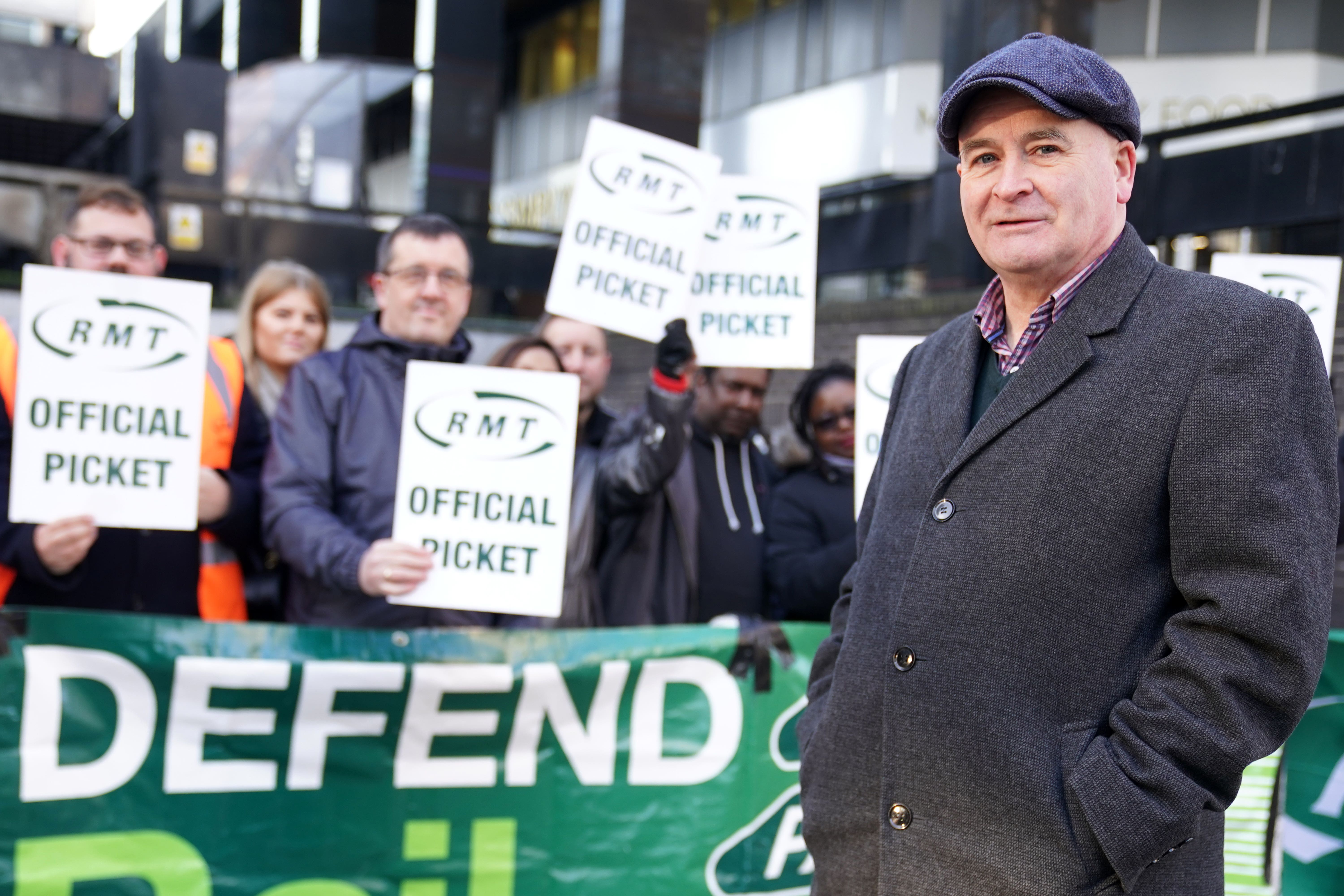
Members of the RMT stopped work on 3-4 and 6-7 January, with train drivers belonging to the Aslef union popping in (or out) for a strike on 5 January. Tens of thousands of trains were cancelled, and millions of journeys wrecked.
February
Jet2 overtook Tui as the biggest holiday company in the UK. The latest Civil Aviation Authority figures for permitted passenger numbers showed that Jet2 Holidays was authorised to carry 5.86 million travellers over a year, almost 10 per cent more than Tui UK.
Steve Heapy, the chief executive of Jet2 Holidays, said: “Becoming the UK’s largest tour operator is a significant milestone. But it will not change a single thing that we do. Our continued success is because we have the best team in the industry who work tirelessly to look after our customers, and we will never lose sight of that fundamental principle.”
His opposite number at Tui, Sebastian Ebel, said: “We are not benefiting as much as Jet2 from the disappearance of Thomas Cook [which collapsed in 2019]. We are taking this challenge and want to grow stronger than our dear competitor.”
March
Alcohol, sex and drugs: if that is your idea of a great city break, the Dutch capital doesn’t want you.
“Binge-drinking stag and hen parties from England ... that only visit the city for alcohol, sex and drugs are a nuisance.” So said Amsterdam’s city council: “Our hospitality can no longer be at the detriment of our inhabitants’ quality of life. The nicer we make Amsterdam, the more attractive it becomes to live or to work, but also to visit.”
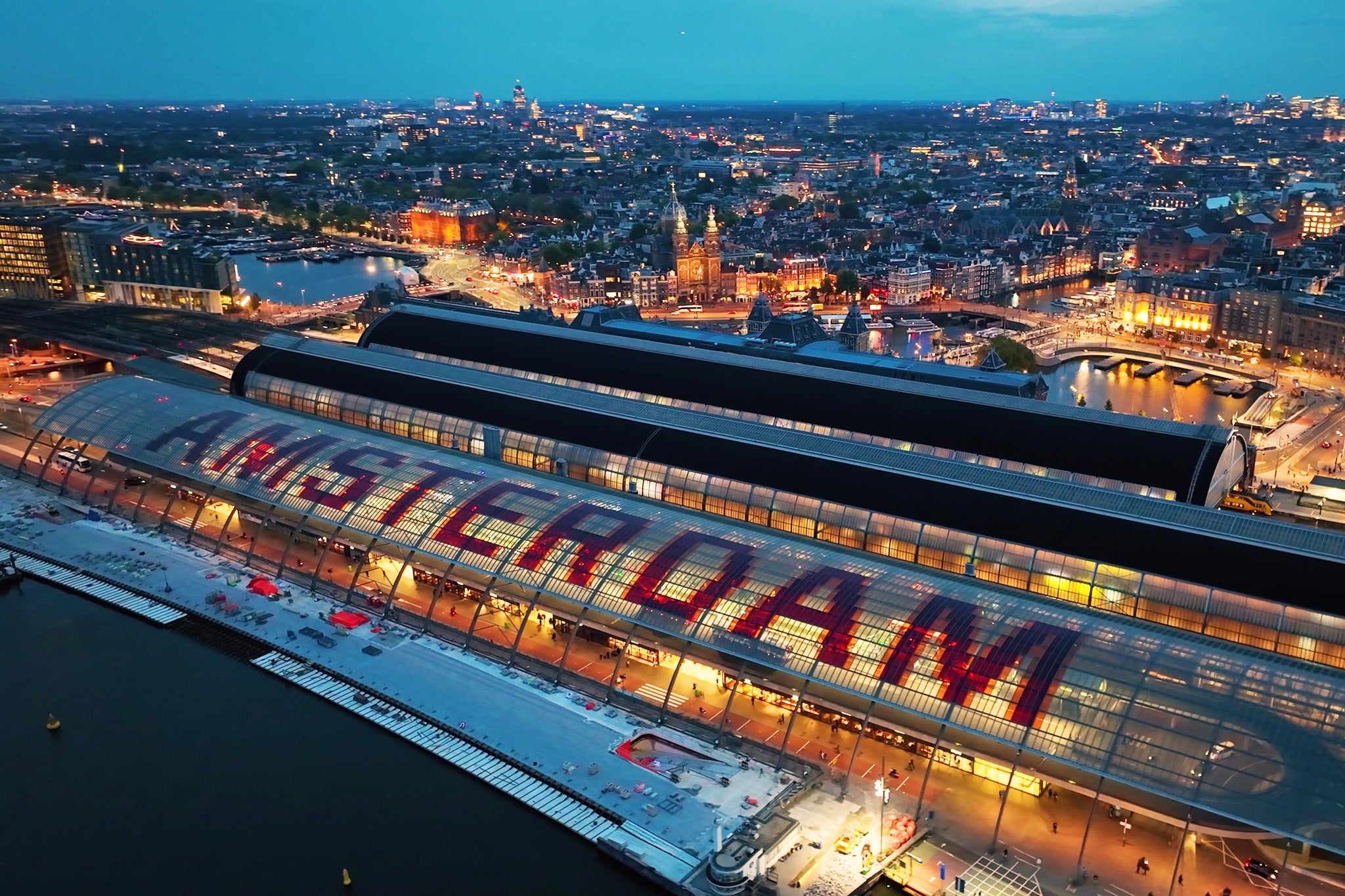
Plans were afoot for a crackdown. Meanwhile, the city tourist office told visitors: “Limit noise and drunkenness, clean up your mess, and don’t pee in the canals.”
On the very last day of the month, as the schools broke up for the Easter holidays, Dover’s processes seized up under the weight of arriving coaches – some of which had to wait for more than 12 hours to go through French passport control.
After the Brexit referendum, the UK asked for a European Union external frontier, similar to the hard borders the EU has with Russia and Turkey, to take effect in Kent. Every British passport must be inspected and stamped. The delays continued for two further days, by which time it was...
April
Natalie Elphicke, the MP for Dover, and the home secretary, Suella Braverman, insisted the queues at the UK’s main ferry port had nothing to do with Brexit. But Doug Bannister, the chief executive of the port, said: “The difference of living in a post-Brexit environment means that every passport needs to be checked before a vehicle or passenger can pass through to the EU through France. So it does make processing more challenging.”
At Heathrow, British Airways was ordered to ground hundreds of flights as a strike was held by security staff at Terminal 5.
Separately, The Independent calculated that the ideal age to be a traveller – in terms of age-specific deals and opportunities as well as having the maturity and experience to appreciate the world’s joys – is 30. Early sixties aren’t bad, either.
May
British Airways’ IT systems have a habit of failing on bank holiday weekends, and so it proved on 25-27 May, ahead of the late May day off. The Independent calculated that more than 200 flights, mainly domestic and European, were cancelled as a result of the systems failure.

Separately, Which? magazine urged readers: “On long haul, fly anyone but BA (a thoroughly mediocre airline) and Lufthansa.” The consumer group said Wizz Air was “to be avoided at all costs” and was far worse value than Finnair and Air France.
June
In a novel twist in the government’s quest to tie the hands of the UK aviation industry, British Airways, Virgin Atlantic and Heathrow airport learnt that non-UK/Irish transit passengers would have to pay £10, fill in an Electronic Travel Authorisation online form, and wait for up to three days – even if only moving from one gate at Terminal 5 to another, with an hour on the ground.
In a novel twist in the government’s quest to tie the hands of UK rail firms, ministers asked train operators to come up with a radical proposal to close ticket offices. The Rail Delivery Group, representing the companies, did so. But in October, the government decided it was a terrible idea all along and executed a U-turn.
In Florida, senator Rick Scott warned people on the political left to stay away from the Sunshine State, saying: “Florida is openly hostile toward socialists.” Labour MP Ben Bradshaw retorted: “Had a lovely holiday in Miami but won’t be coming back as long as it’s run by bigots.”
July
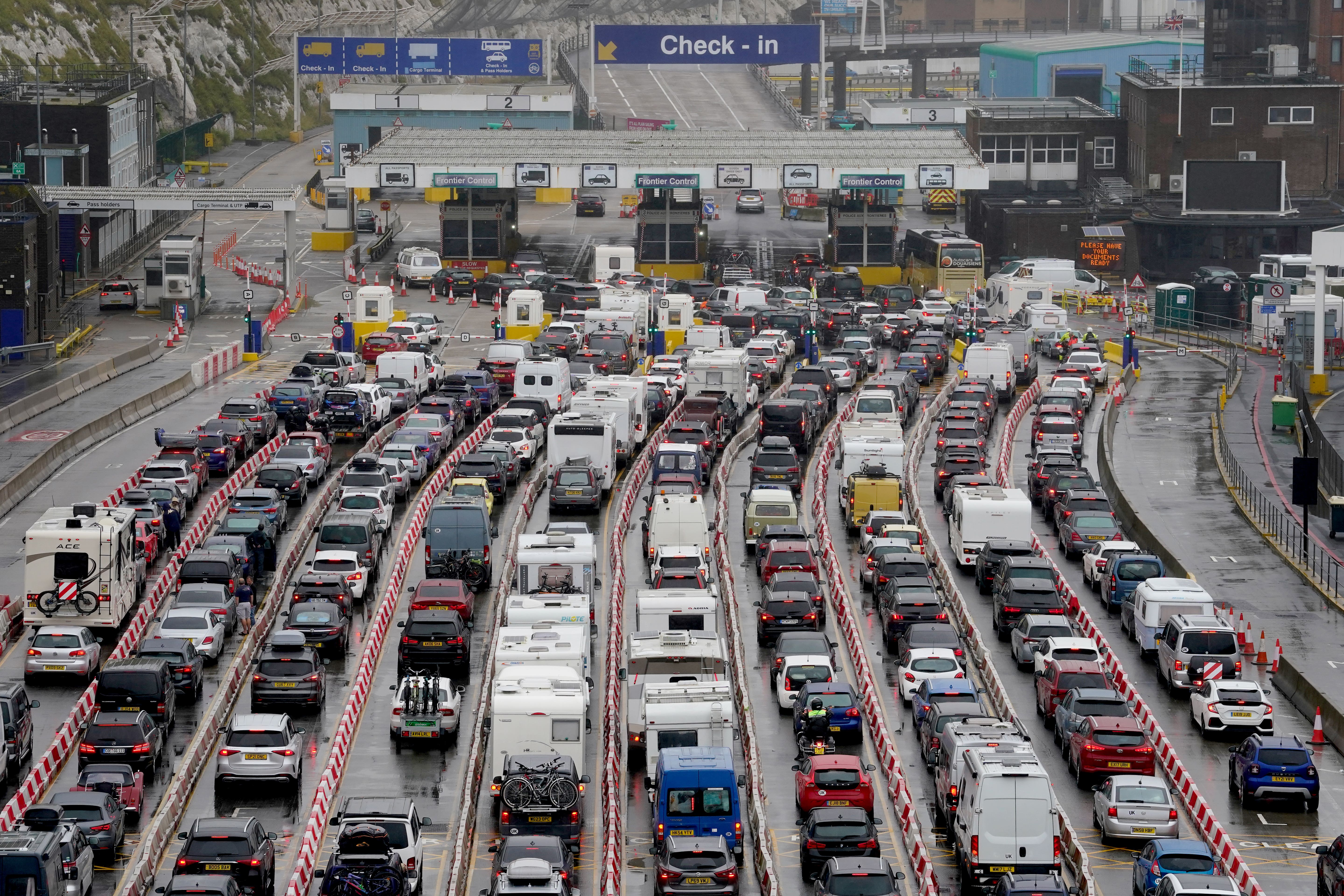
You could tell when the main summer holiday in England and Wales was under way, because:
- Post-Brexit delays built up at passport control in Dover
- Wildfires raged in parts of the Greek island of Rhodes, triggering the chaotic evacuation of thousands of holidaymakers
- Once again, easyJet made large-scale pre-emptive cancellations to/from its biggest base, London Gatwick
But things got even worse on 25 July, when a combination of storms and air traffic control delays across Europe plus “last-minute staff shortages at the control tower” led to 11,000 passengers on 70 flights being stranded at the Sussex airport.
August
Ryanair charged Ruth and Peter Jaffe (aged 79 and 80 respectively) £110 when they inadvertently checked in for their inbound, not outbound, flight from London Stansted to France. The airline said: “We regret that these passengers ignored their email reminder and failed to check in online.”
On the August bank holiday Monday, when passenger numbers were extremely high, the main air traffic control system and its back-up collapsed within 20 seconds of each other. The “network-wide” failure left controllers having to enter flight details manually, leading to colossal delays and many passengers being stuck on grounded planes for hours on end.
In the worst single day’s disruption to UK flying since the Icelandic volcano closed down airspace in 2010, at least 2,000 flights were cancelled as a result, with 300,000 passengers having their journeys wrecked.
September
Ministers were properly back in their comfort zone: making intercontinental journeys aboard near-empty UK government planes rather than using perfectly suitable commercial options.
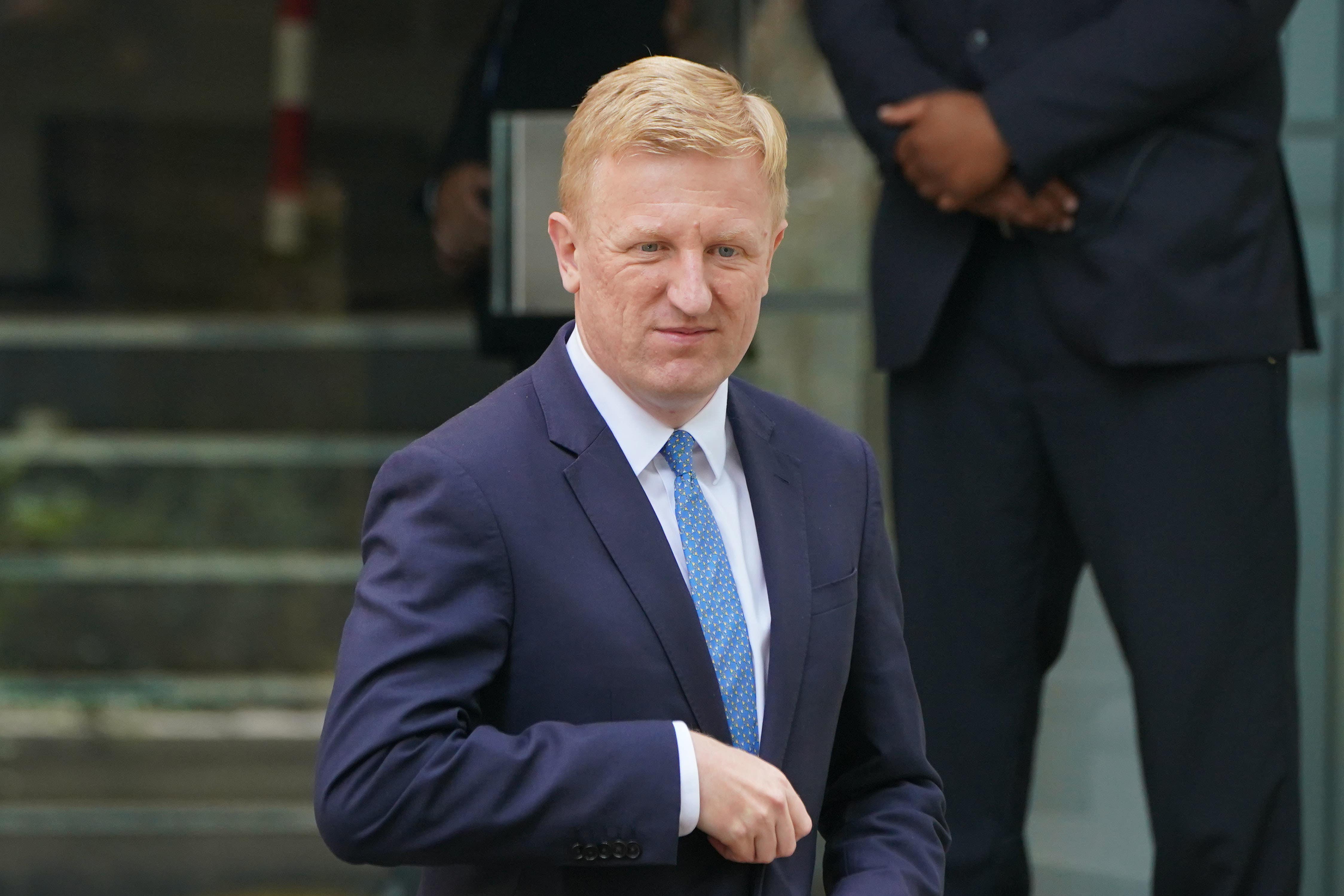
Liz Truss, while foreign secretary, set a high bar when she insisted on taking a private Airbus A321 plane to Australia rather than slumming it in business class on Qantas – even though scheduled flights would have been faster, reduced the environmental impact, and cost a lot less than half-a-million pounds of taxpayers’ cash.
Deputy prime minister Oliver Dowden doubled down by using an even bigger RAF Airbus A330 to fly to New York for the UN General Assembly rather than hopping on one of the dozens of scheduled flights.
The wide-bodied plane arrived at New York JFK from RAF Brize Norton just before 3pm on Tuesday 19 September. The aircraft touched down 20 minutes after British Airways flight BA173 from London Heathrow, and was followed 40 minutes later by Virgin Atlantic VS47 on exactly the same route.
October
Rishi Sunak trampled over a decade of parliamentary agreement on HS2 to scrap the rail scheme north of Birmingham. Former prime minister David Cameron said: “We achieved historic, cross-party support, with extensive buy-in from city and local authority leaders across the Midlands and North of England. Today’s announcement throws away 15 years of cross-party consensus, sustained over six administrations, and will make it much harder to build consensus for any future long-term projects.”
Shortly afterwards, Cameron was elevated to the Lords and appointed foreign secretary by Sunak.
Luton airport closed for 18 hours after a fire that began in a vehicle in a multistorey car park spread to the entire structure. At least 40,000 passengers were affected by cancellations and diversions – with some passengers returning to find their cars written off.
November
Virgin Atlantic flight 100, the first transatlantic passenger flight using only “sustainable aviation fuel” (SAF), took off from London Heathrow on a flight to New York.
The aircraft was powered in part by used cooking oil. No paying passengers were on board; the flight was for proof of concept.
“To think that we can magic up elimination of flying, I think is naive to an extreme,” said Shai Weiss, Virgin Atlantic’s chief executive.
Doubts persist about the viability of SAF.
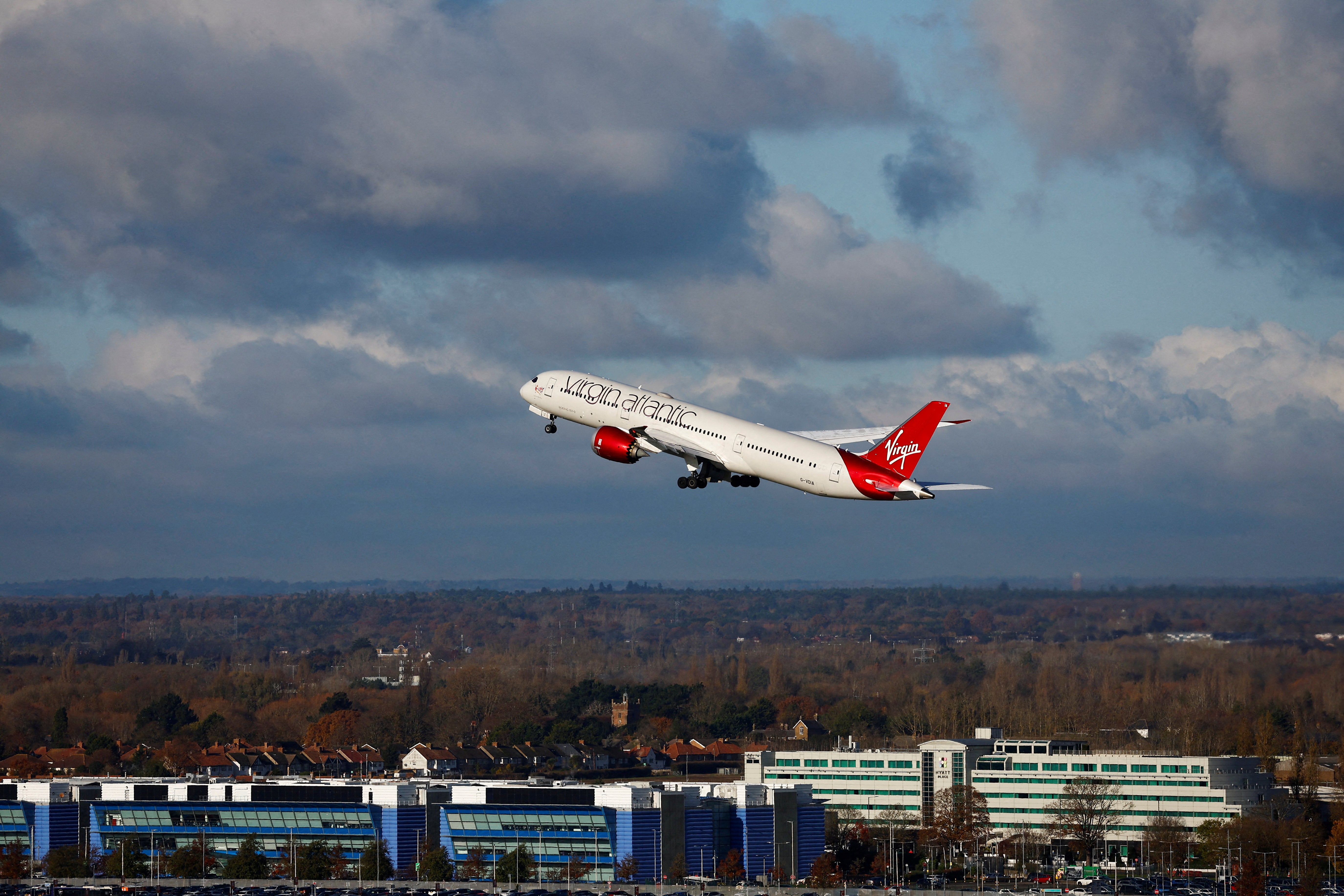
Separately, Eurostar said sorry after passengers on a London-Amsterdam train were stuck just outside the Channel Tunnel for nine hours. The international intercity operator said: “Following a complicated situation due to the position of the train and the track infrastructure, certain safety procedures had to be adhered to before we could move the train.”
December
A veritable Advent calendar of travel misery affected rail passengers with the temerity to want to travel across England. The RMT union had accepted a provisional deal in November, though it came with a warning of possible future industrial action. But the train drivers’ union, Aslef, was as far away as ever from a settlement.
Once they were over, schedule cuts on Avanti West Coast and TransPennine Express took effect – with Manchester particularly badly affected. The reduced timetables are designed to increase resilience, but cancellations continue.
Tens of thousands of rail passengers were hit by multiple overhead line “dewirements”. And as the Christmas rush and festive rail engineering work began, Storm Pia closed large parts of the Scottish rail network and caused widespread problems for air and sea travel. Bring on 2024.
Best destinations for 2024
Travel, being the industry of human happiness, is all about looking ahead to new adventures. These are the places on my wishlist for 2024.
Albania
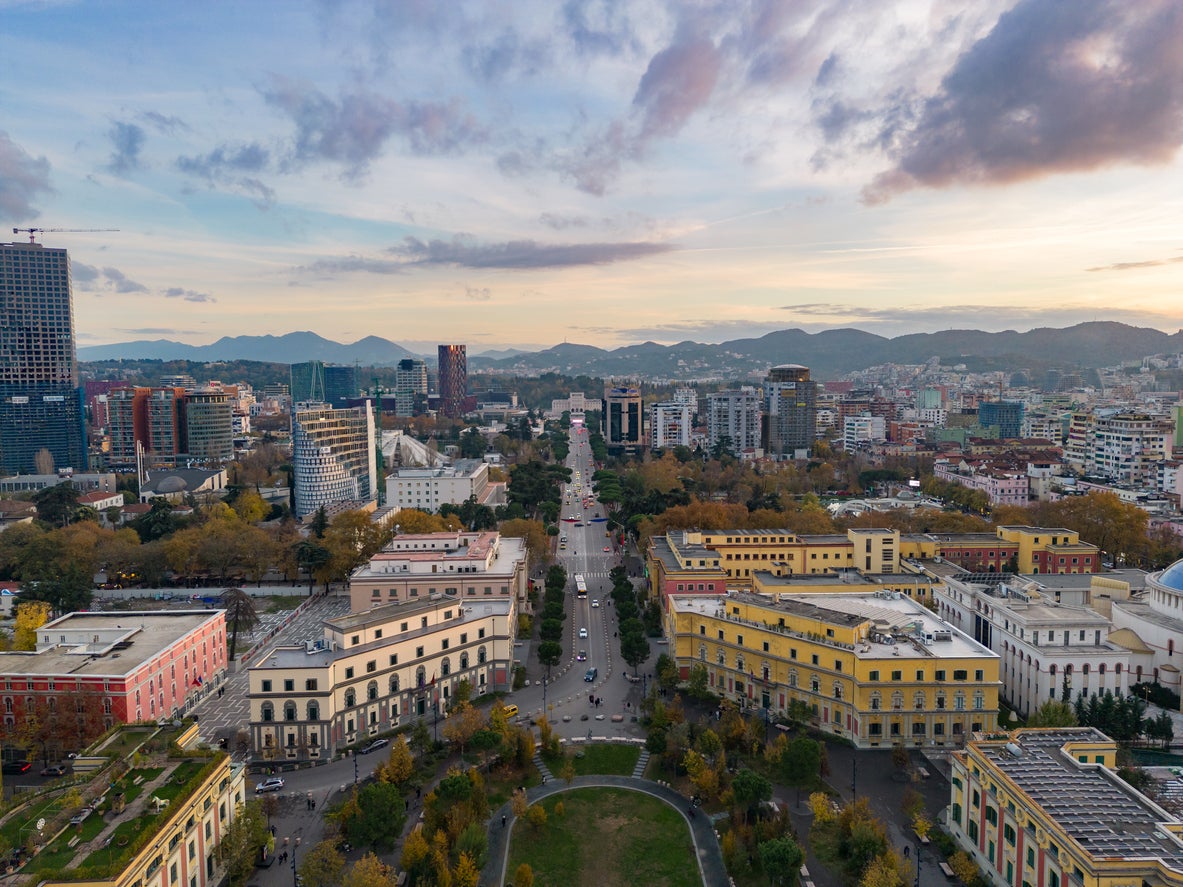
The small Balkan nation is blossoming as a tourist destination – just as budget airlines lay on more direct flights to the capital, Tirana. Empty beaches, towering mountains, classical ruins, historic towns and friendly locals await, all at prices that make even those of us with sterling feel flush.
Jordan
A significant slice of the kingdom’s “normal” tourism business has disappeared because of concerns over security in the region. US tour groups and cruise lines are particularly notable by their absence, and easyJet has axed its winter flights from Gatwick to Aqaba. Yet Royal Jordanian is planning new departures from London Stansted and Manchester to the capital, Amman. They start in March – which looks like a great month to visit.
Morocco
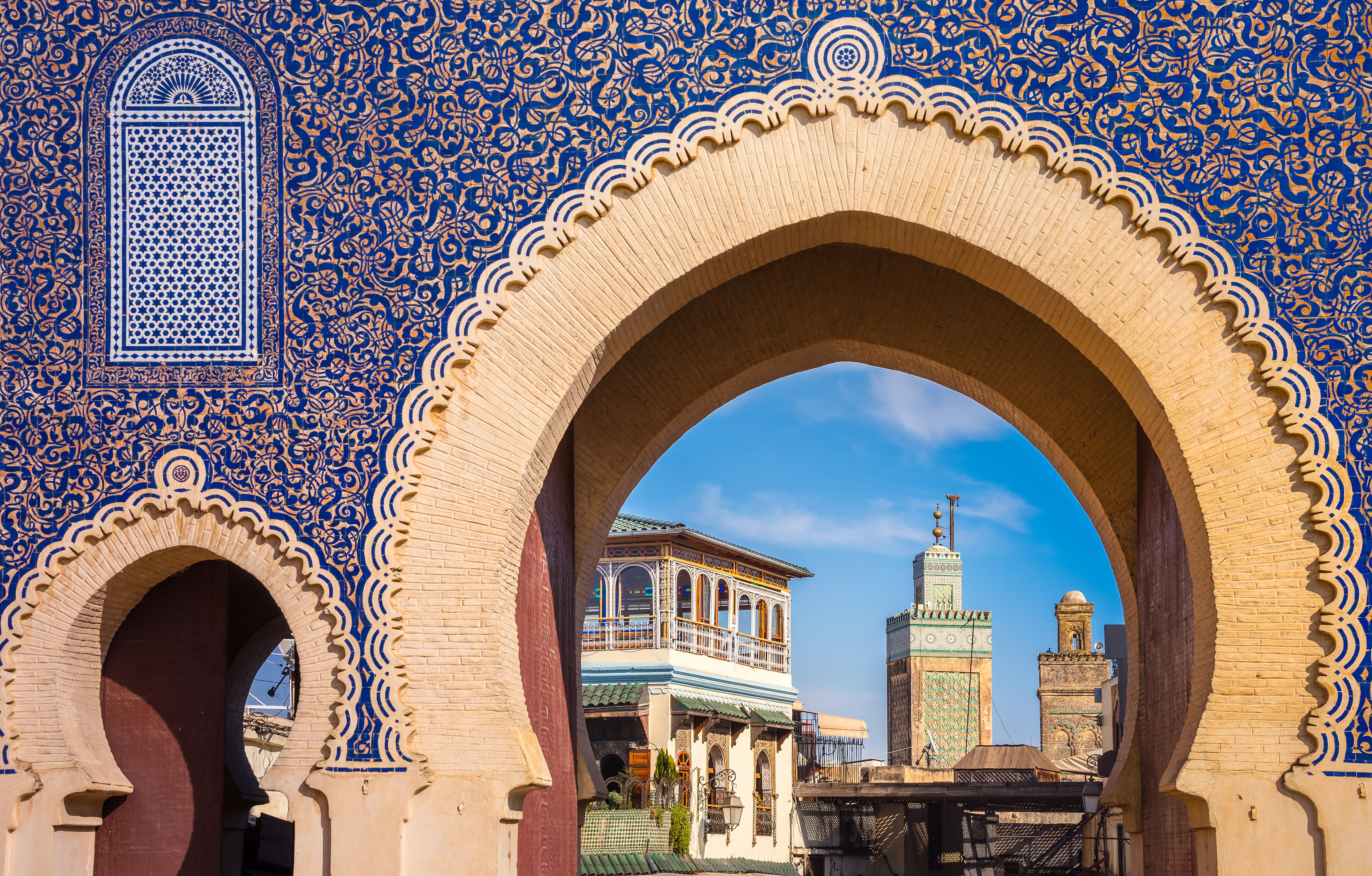
After the tragedy of the earthquake in September 2023, the north African country is back in business – with a range of new flights on Ryanair in the summer, and Jet2 in the winter, making this enchanting destination more accessible than ever. With so many entry and exit points, constructing an “open jaw” itinerary through Morocco is an appealing prospect.
Newfoundland
The link between London Gatwick and St John’s, the easternmost city in North America, is set to be restored from May Day. After a super-quick transatlantic flight, you can look forward to pioneer history, whale watching, and dramatic land and seascapes on the edge of a continent.
Singapore and beyond
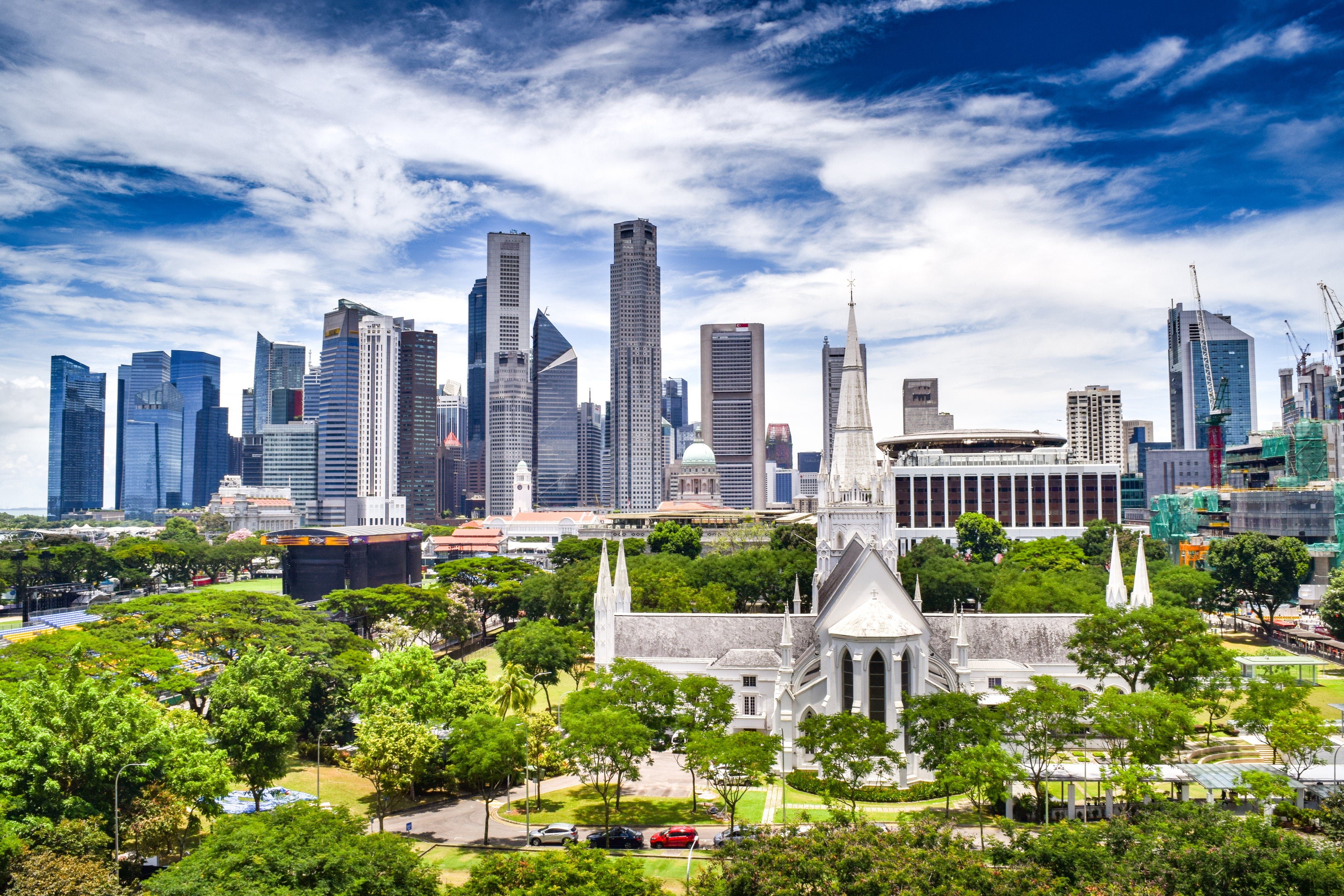
Another Gatwick opening: the Sussex airport will be connected with Singapore from Midsummer’s Day (24 June), providing lower-cost options to the dynamic city-state and more connection opportunities across southeast Asia and Australasia.






Join our commenting forum
Join thought-provoking conversations, follow other Independent readers and see their replies
Comments